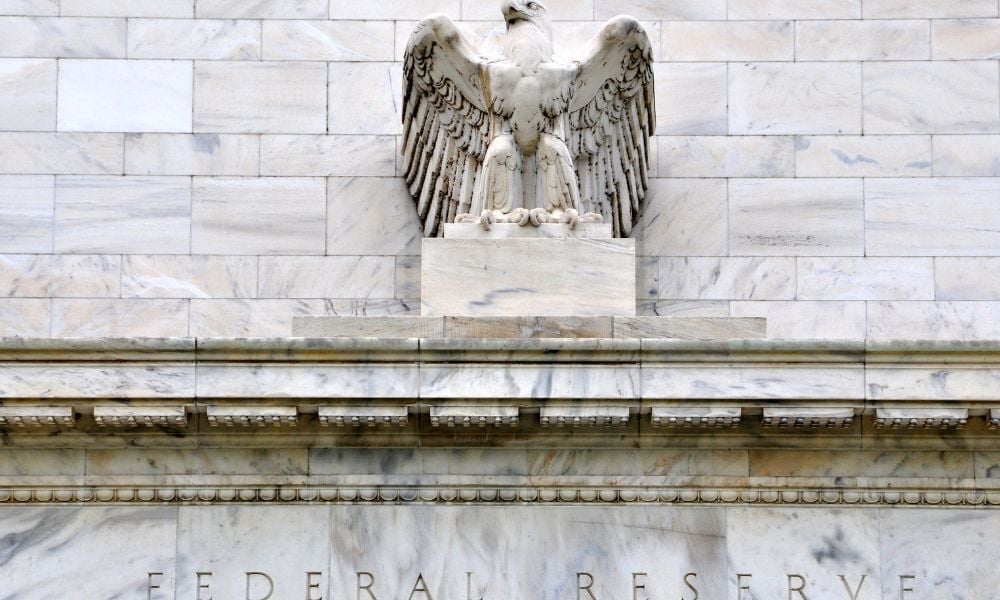Oil sinks 7% as investors bet global crude supply will remain stable despite tensions

On Monday, oil prices tumbled more than 7 percent after Iran launched a limited missile strike that did not disrupt global crude flows, easing investor concerns about energy supply disruptions.
According to CNBC, West Texas Intermediate crude settled at US$68.51 per barrel after briefly topping US$78 overnight.
The losses accelerated after Iran said it had targeted Al Udeid Air Base in Qatar—used by the US military—with the same number of missiles as were dropped on Iranian nuclear sites in Fordo, Isfahan and Natanz over the weekend.
As reported by BNN Bloomberg, Qatar intercepted the missiles and no casualties were reported.
The relatively muted response helped lift equities, with the S&P/TSX Composite Index gaining 111.79 points to close at 26,609.36.
Strength in technology and materials sectors contributed to the advance.
In the US, the Dow Jones Industrial Average rose 374.96 points to 42,581.78, the S&P 500 gained 57.33 points to 6,025.17, and the Nasdaq added 183.56 points to 19,630.97.
Market participants responded positively to signs that Iran had not yet chosen to escalate the conflict further by targeting oil infrastructure.
As per CNBC, Jamie Cox of Harris Financial Group said, “Markets only care about oil supply shocks, so as long as they stay at bay, we’ll see markets sharply higher.”
He also noted that Iran’s nuclear program had been “set back decades” by the strikes.
While Iran has threatened in the past to close the Strait of Hormuz—a passageway for 20 percent of the world’s daily oil shipments—analysts expressed scepticism that it would follow through.
Turner Mason & Co. analyst Tom Kloza told CNBC such a move would be “a scorched earth possibility.”
Vital Knowledge’s Adam Crisafulli echoed that view, citing Iran’s “relative isolation” and the global availability of oil, which “will help keep the fallout contained.”
China remains Iran’s key oil buyer, and Tehran’s dependence on oil revenue may further deter action that could block the strait.
According to a Fox News interview, US Secretary of State Marco Rubio urged China to prevent Iran from restricting access to the trade route.
Still, the situation remains volatile.
Houston oil analyst Andy Lipow told CNBC he would not be surprised if Iran “lashed out for political or emotional reasons,” warning that “if the Strait of Hormuz was completely shut down, oil prices would rise to US$120 to US$130 a barrel.”
Financial market implications extend beyond crude.
According to BNN Bloomberg, a sustained rise in energy costs could pressure inflation and complicate the US Federal Reserve’s decision on interest rates.
Fed Governor Michelle Bowman said she would support a rate cut at the Fed’s next meeting if “inflation pressures remain contained.”
Bond yields responded to the latest signals.
As per CNBC, the 10-year US Treasury yield fell to 4.33 percent from 4.38 percent, while the two-year yield dropped to 3.84 percent from 3.90 percent.
Other notable market movers included Tesla, which jumped 8.2 percent following a test run of self-driving cabs in Austin, Texas.
Hims & Hers Health plunged 34.6 percent after Novo Nordisk cut ties on distributing the Wegovy obesity drug. Novo Nordisk’s US-listed shares fell 5.5 percent.
According to BNN Bloomberg, the Canadian dollar traded at 72.70 cents US, down from 72.84 cents US on Friday.
Meanwhile, the August gold contract rose US$9.30 to US$3,395.00 an ounce.



